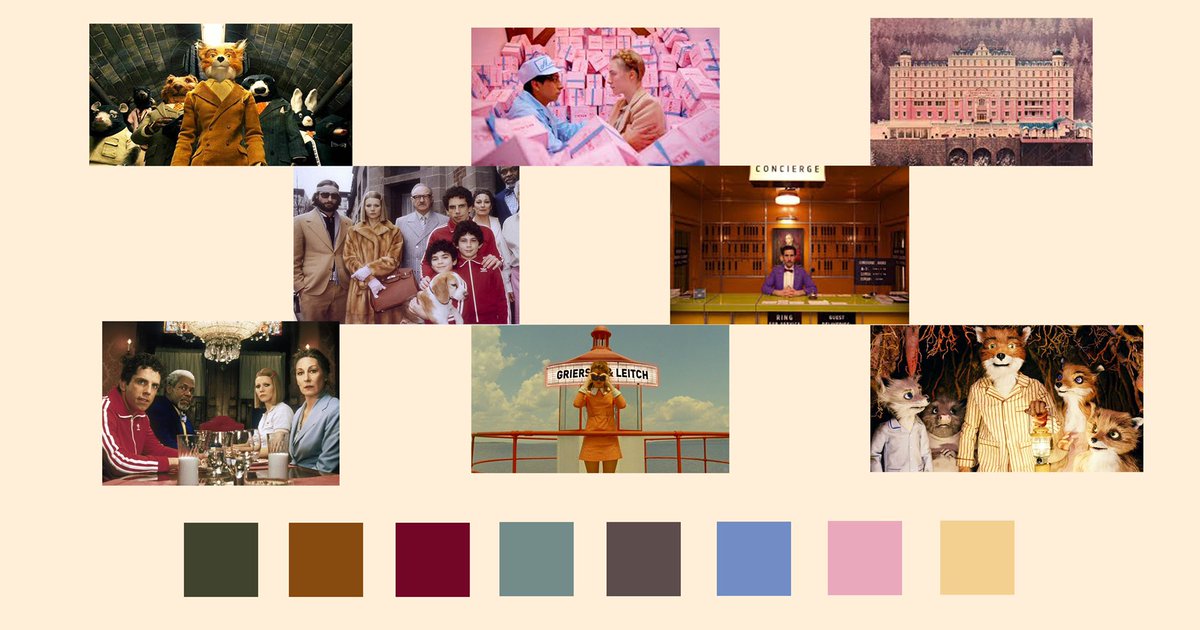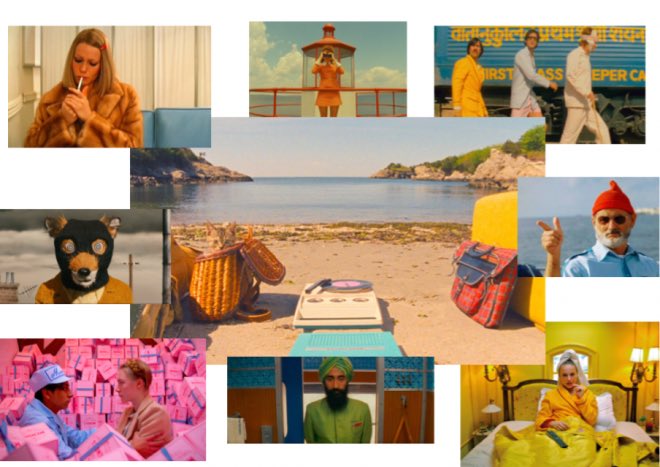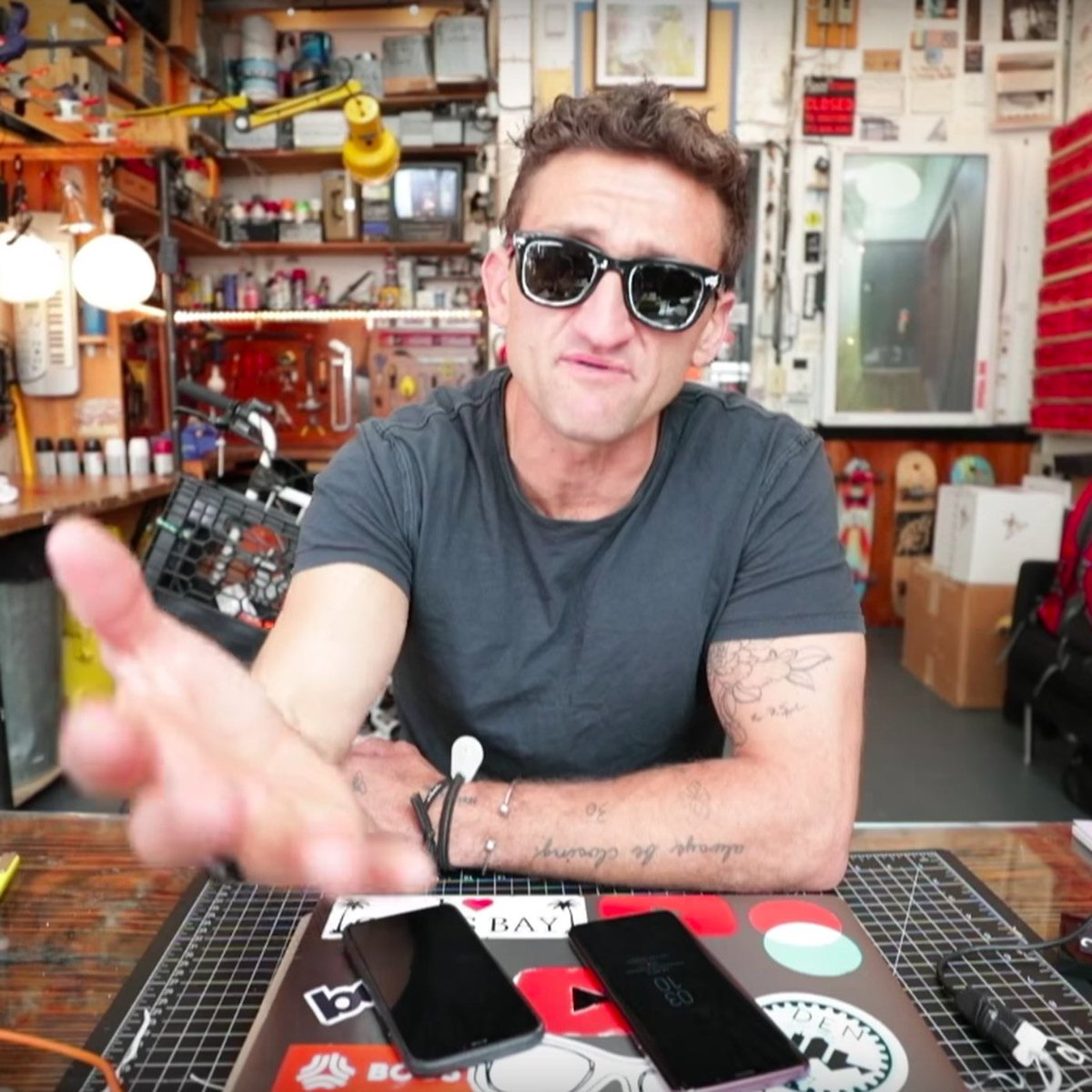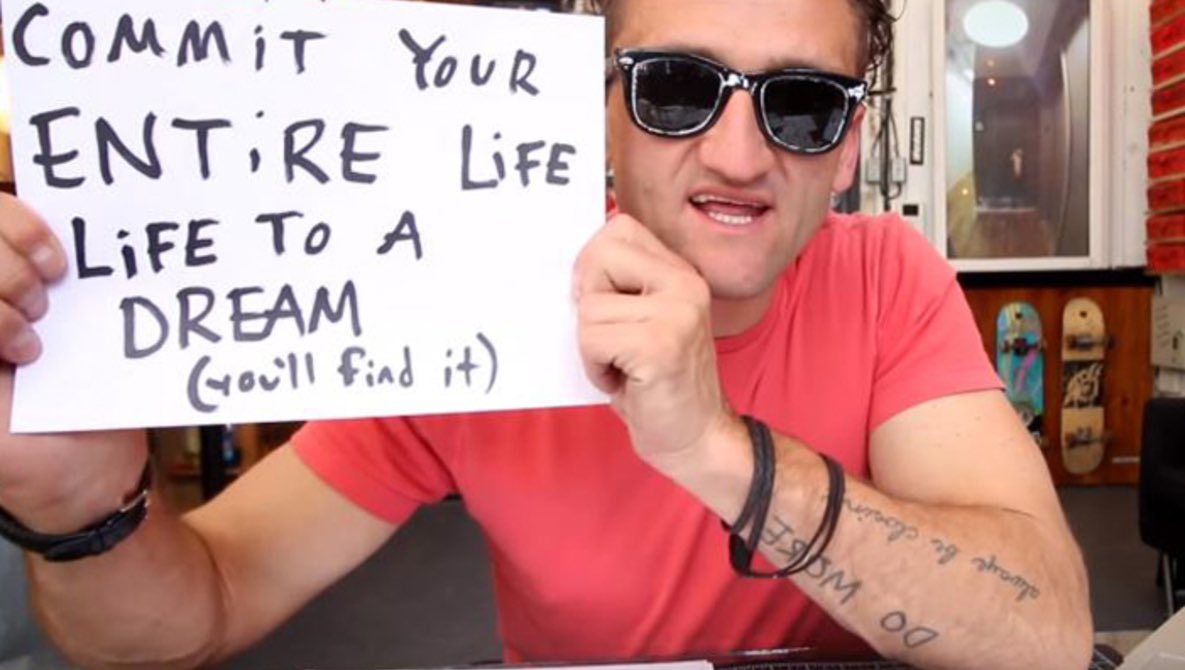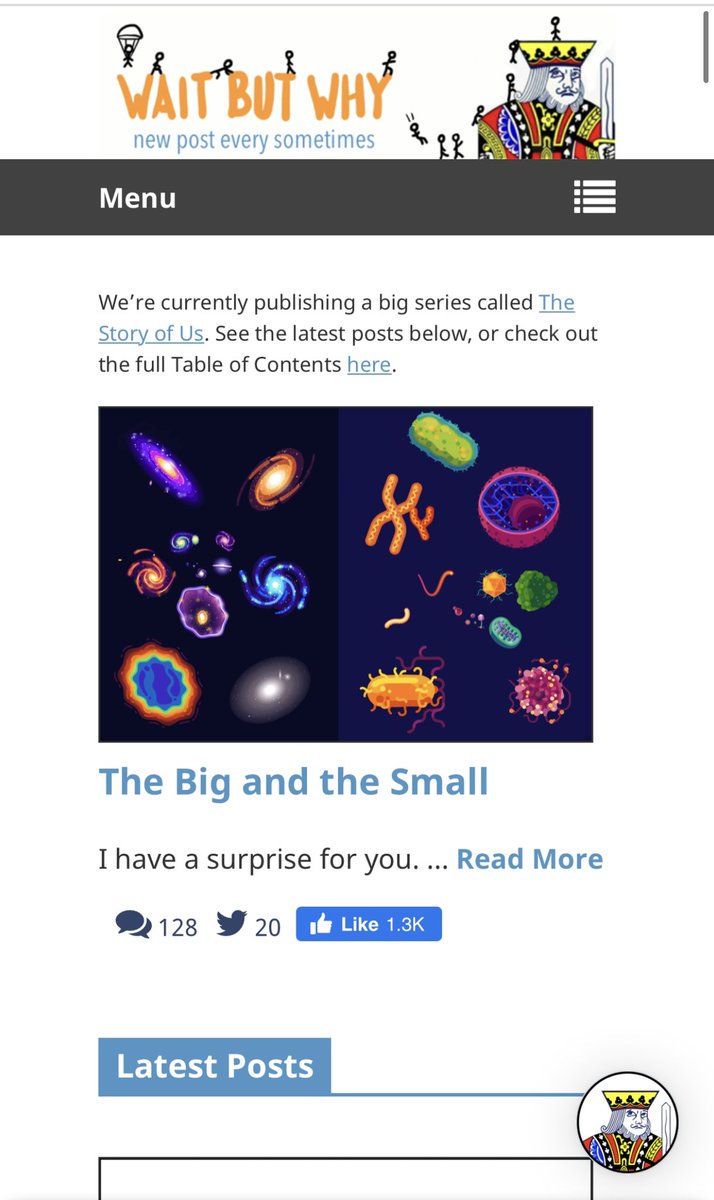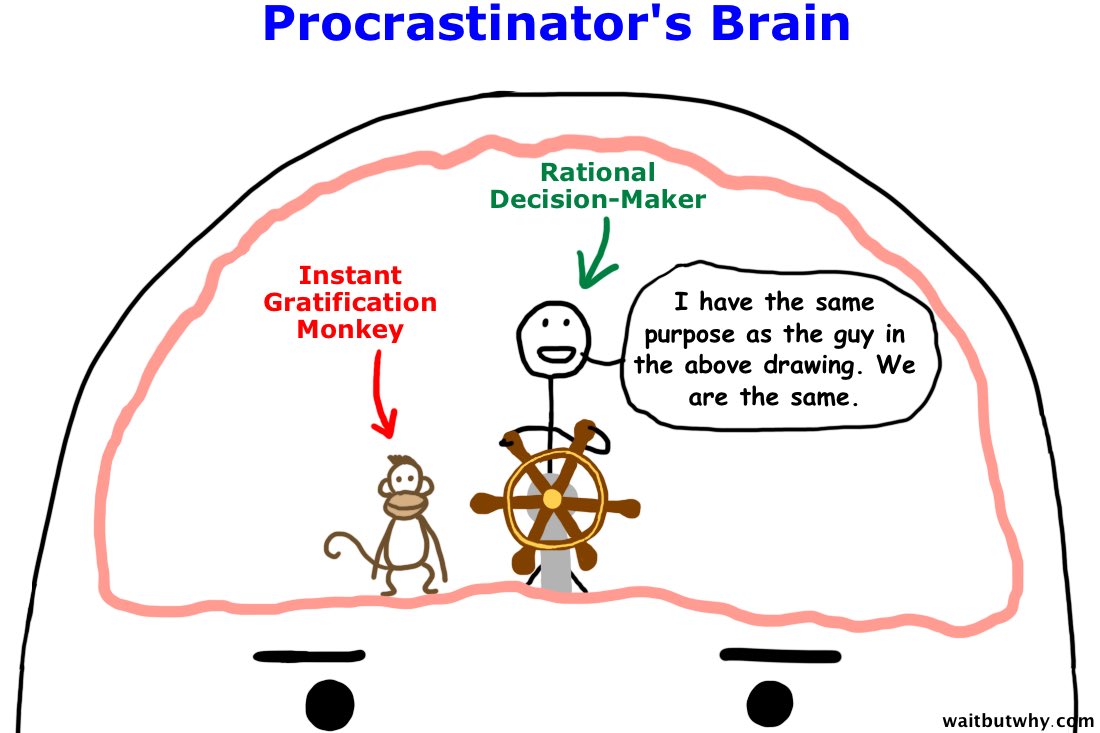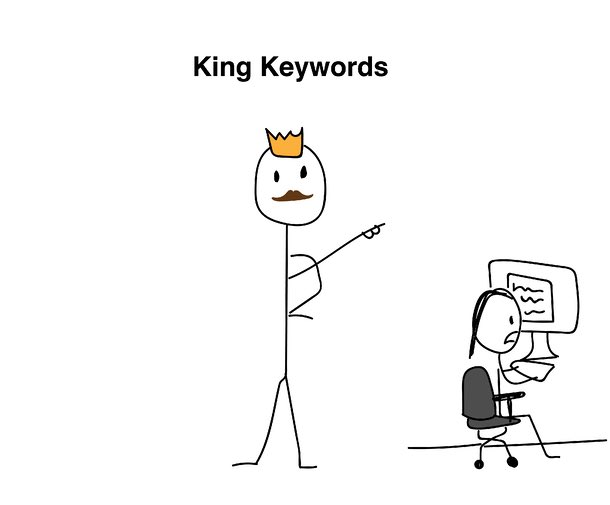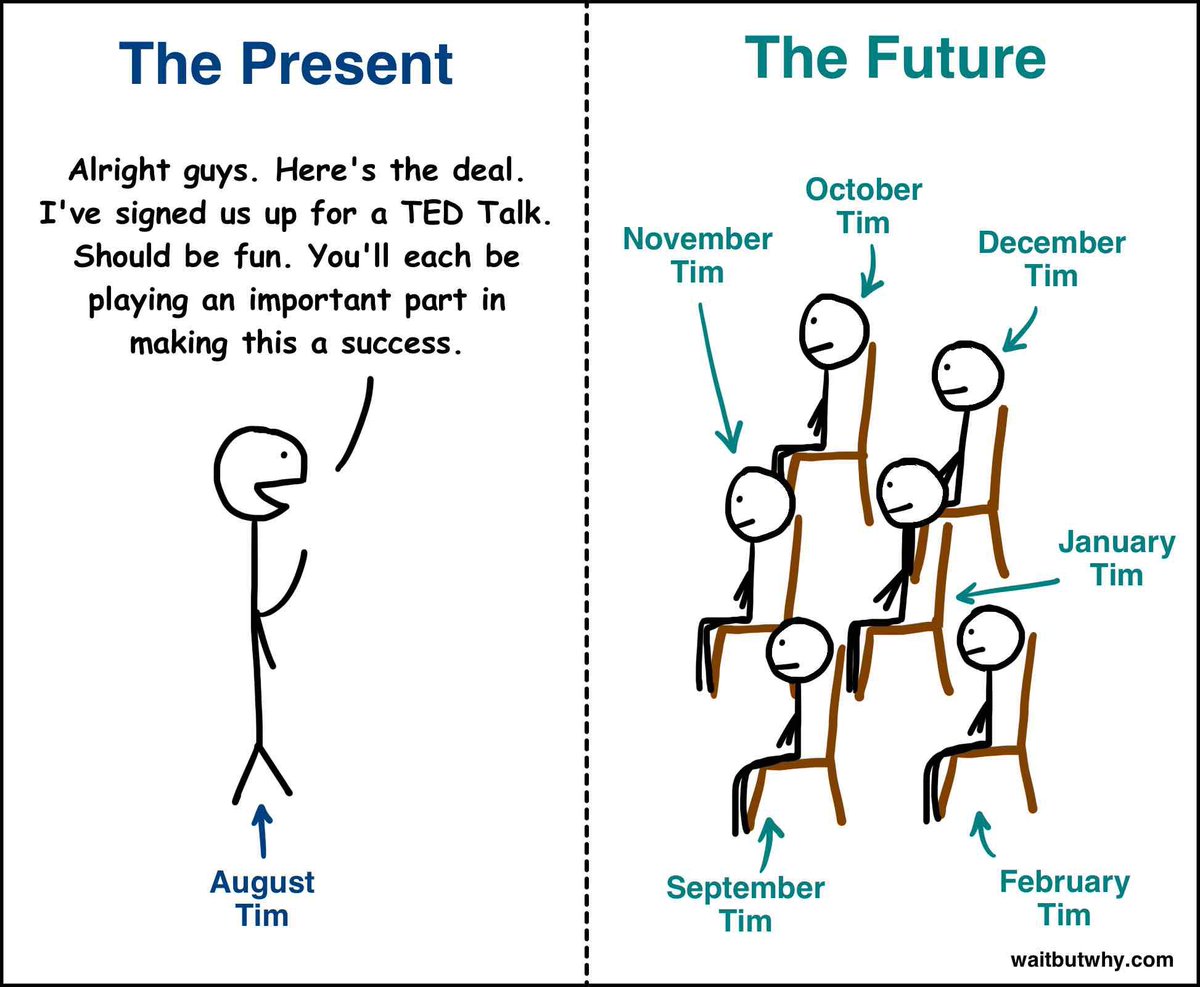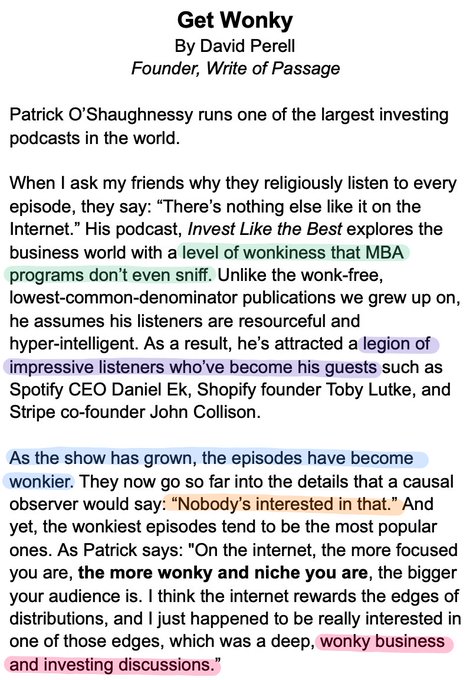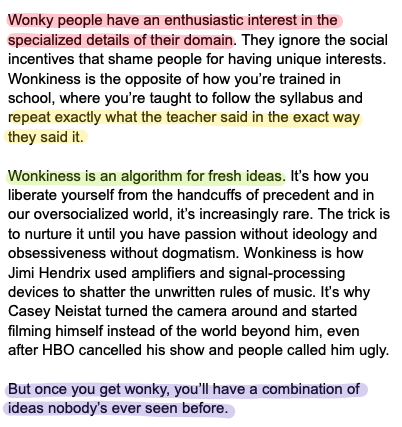
Kendrick Lamar one of the world's best writers.
His recent album, Damn, won a Grammy and a Pulitzer-Prize award. His writing is propelled by a note-taking system that helps him capturing the ideas behind his lyrics.
Here's what you can learn from his note-taking system.
His recent album, Damn, won a Grammy and a Pulitzer-Prize award. His writing is propelled by a note-taking system that helps him capturing the ideas behind his lyrics.
Here's what you can learn from his note-taking system.
1. Note-taking is the closest thing we have to time-travel.
By taking notes, Kendrick conserves precious ideas, develops them over time, and eventually turns them into art. Taking notes doesn't just help him save ideas. It helps him return to a different state of consciousness.
By taking notes, Kendrick conserves precious ideas, develops them over time, and eventually turns them into art. Taking notes doesn't just help him save ideas. It helps him return to a different state of consciousness.

2. Start taking notes early, so you can build upon the ideas over time.
Kendrick was a shy middle schooler who sometimes spoke with a stutter. Frustrated, he turned to the written word. He scribbled rap lyrics on notebook paper instead of finishing assignments for other classes.
Kendrick was a shy middle schooler who sometimes spoke with a stutter. Frustrated, he turned to the written word. He scribbled rap lyrics on notebook paper instead of finishing assignments for other classes.
3. Build a library of ideas that you can save easily and instantly search for the rest of your life.
As Kendrick learned at a young age, note-taking helps you build an extended mind, which turns writer's block into a problem of the past.
As Kendrick learned at a young age, note-taking helps you build an extended mind, which turns writer's block into a problem of the past.
https://twitter.com/david_perell/status/1244089929258250240?s=20
4. Let ideas grow slowly
Kendrick doesn't write from a blank page. Instead, he writes with an abundance of notes that he accumulates by capturing notes during his everyday life. He's described his creative process as a perpetual one.
Kendrick doesn't write from a blank page. Instead, he writes with an abundance of notes that he accumulates by capturing notes during his everyday life. He's described his creative process as a perpetual one.
5. Collect interesting ideas, even when you don't know how you'll use them.
Kendrick spends most of his time in an intuition-driven process of collecting interesting ideas. 80% time is thinking about how he's going to execute, which makes it "easy" for him to write lyrics.
Kendrick spends most of his time in an intuition-driven process of collecting interesting ideas. 80% time is thinking about how he's going to execute, which makes it "easy" for him to write lyrics.

6. Capture ideas when you have them, so you can write about them clearly later.
The opening track of "Damn" is called Blood. You can see the influence of Kendrick's note-taking system with his story at the beginning of the album.
The opening track of "Damn" is called Blood. You can see the influence of Kendrick's note-taking system with his story at the beginning of the album.

How many brilliant ideas have escaped your mind after you failed to write them down? Do you struggle to write when you sit down at the computer?
Note-taking is the solution.
Here's my guide to Kendrick's note-taking process.
Note-taking is the solution.
Here's my guide to Kendrick's note-taking process.
7. Your brain is for having ideas, not storing them.
Save ideas on trusted computer silicon instead of the fickle matter of your mind. This method of outsourcing the hard work of remembering facts to your computer is especially useful if you don't have a good memory.
Save ideas on trusted computer silicon instead of the fickle matter of your mind. This method of outsourcing the hard work of remembering facts to your computer is especially useful if you don't have a good memory.
8. Write down your open questions
Speaking about his creative process, the physicist Richard Feynman said: "You have to keep a dozen of your favorite problems constantly present in your mind, although by and large they will lay in a dormant state."
Kendrick does the same thing.
Speaking about his creative process, the physicist Richard Feynman said: "You have to keep a dozen of your favorite problems constantly present in your mind, although by and large they will lay in a dormant state."
Kendrick does the same thing.
Kendrick doesn’t write down every single idea. Instead, he captures just enough information to return to his emotional state when he wrote those notes. Then, he turns those memories into lyrics.
Here’s my thread about how to improve your note-taking.
Here’s my thread about how to improve your note-taking.
https://twitter.com/david_perell/status/1244089929258250240?s=20
Kendrick turned to writing in the 7th grade.
At the time, he had a stutter that came up whenever he got excited. It was so frustrating that he turned to the written word. Through poetry, Kenrick found the words to talk about his life.
At the time, he had a stutter that came up whenever he got excited. It was so frustrating that he turned to the written word. Through poetry, Kenrick found the words to talk about his life.
• • •
Missing some Tweet in this thread? You can try to
force a refresh

